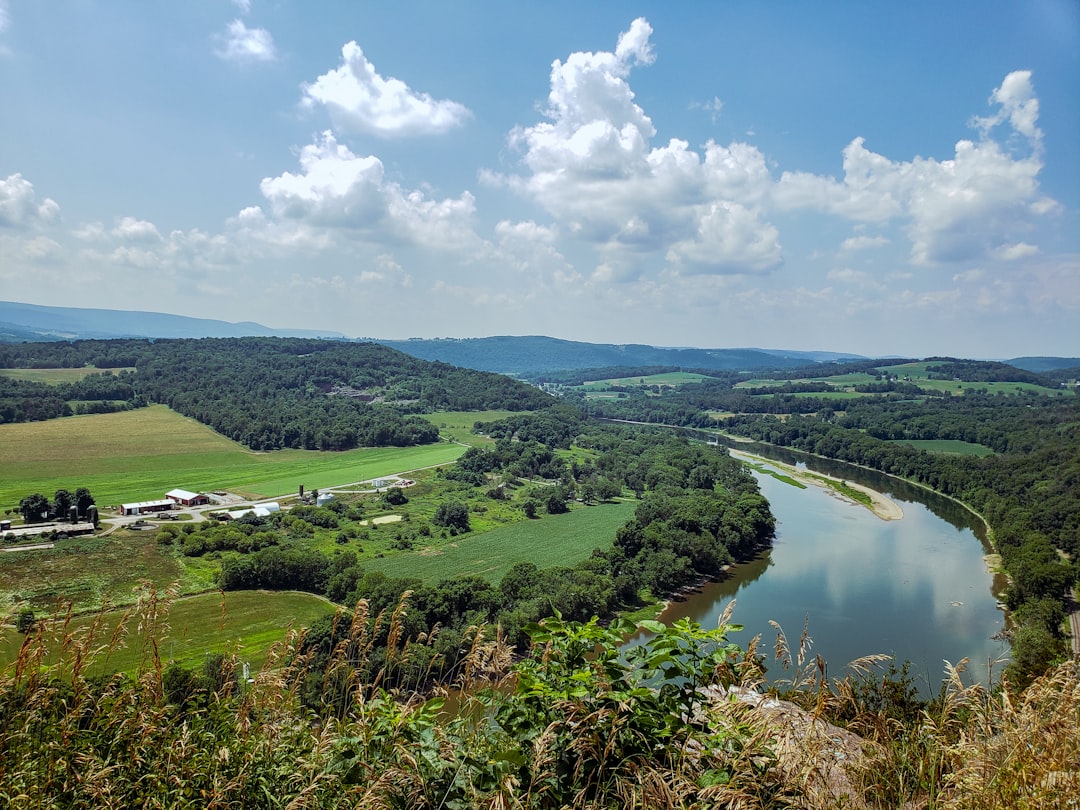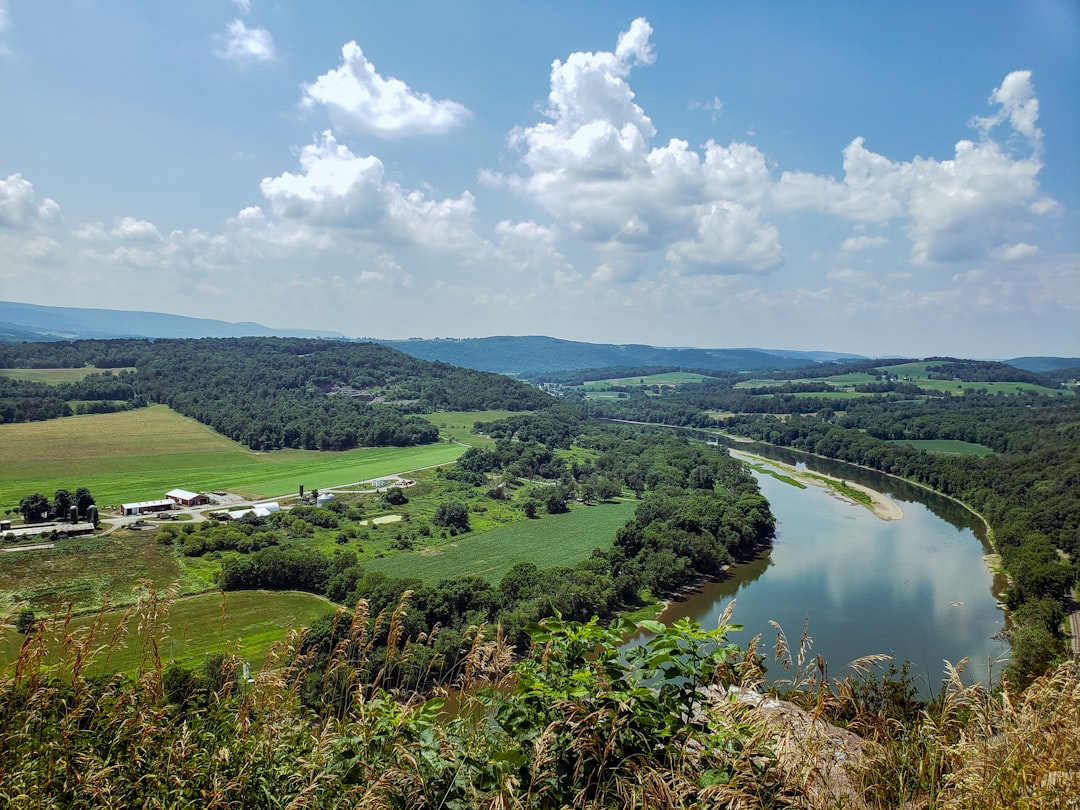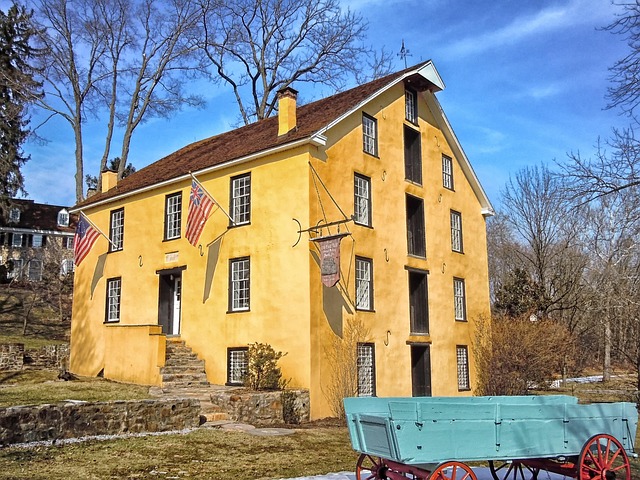In Pennsylvania, hazing—endangering health within groups—is illegal with severe penalties. Victims have recourse through hazing abuse lawyers who specialize in navigating legal systems, protecting rights, and pursuing justice. When facing sexual assault allegations, immediate consultation with a hazing abuse lawyer is crucial for strategic defense, evidence handling, and privacy protection. These experts leverage case law, expert testimony, and data to secure just outcomes and deter future hazing abuse.
In Pennsylvania, the issue of hazing, particularly when it involves sexual assault, demands careful attention and expert legal guidance. Hazing abuse, often hidden beneath the guise of tradition or initiation rituals, can have devastating consequences for victims, leaving them with physical and emotional scars. As such, accessing knowledgeable support is crucial. Our firm specializes in representing victims of hazing-related sexual assault, offering free consultations to ensure those affected understand their rights. We provide a safe space to discuss legal options and navigate the complexities of these cases, pursuing justice and accountability for the perpetrators.
Understanding Pennsylvania’s Hazing Laws and Their Impact

In Pennsylvania, hazing—a pervasive issue with significant legal implications—refers to any action or failure to act by an individual or organization that endangers or threatens the health, safety, or welfare of another person entrusted to their care. This includes educational institutions, athletic teams, and other organized groups engaging in abusive practices designed to initiate or welcome new members. Understanding Pennsylvania’s hazing laws is crucial for both victims seeking justice and organizations striving to maintain safe environments.
Pennsylvania’s hazing laws are comprehensive, aiming to deter and penalize those who perpetrate such acts. According to these laws, hazing can include physical, verbal, or psychological abuse, as well as the administration of drugs or alcohol without consent. The impact of these laws has been significant, with numerous cases resulting in substantial penalties for offenders—including fines, imprisonment, and civil liability. For instance, a 2021 case saw a former high school football coach sentenced to over a year in prison for hazing abuse, demonstrating the severity with which Pennsylvania takes such offenses.
Victims of hazing abuse in Pennsylvania have legal recourse through specialized lawyers who understand the complexities of these cases. A Pennsylvania hazing abuse lawyer can provide crucial guidance, ensuring victims’ rights are protected and assisting them in navigating the legal system effectively. By employing strategic litigation, settlement negotiations, or alternative dispute resolution, these legal professionals aim to secure justice, compensate victims for their suffering, and deter future hazing incidents. This proactive approach not only offers closure but also serves as a powerful deterrent against such harmful behaviors.
What to Expect During a Free Consultation with a Hazing Abuse Lawyer

When facing allegations of hazing sexual assault, seeking immediate legal counsel is a critical step. A Pennsylvania hazing abuse lawyer specializing in these cases offers a free consultation as an initial point of contact. During this session, you can expect a thorough and sensitive approach to understanding your rights and options. The lawyer will carefully review the details of the case, gathering essential information about the alleged incident(s), including timelines, locations, and involved parties. This process is crucial for building a robust legal strategy.
The consultation provides an opportunity to ask critical questions and receive expert guidance. A seasoned hazing abuse lawyer in Pennsylvania can explain the legal complexities surrounding hazing rituals and their potential consequences, especially when sexual assault is involved. They will educate you on relevant laws, such as those protecting victims’ rights and punishing perpetrators. For instance, understanding the statute of limitations for filing charges or civil lawsuits is vital, as it varies based on jurisdiction and type of case.
Moreover, the lawyer may discuss potential evidence collection methods, including documenting medical treatments, preserving digital records, and gathering witness statements. They can also advise on the importance of preserving any relevant physical evidence while ensuring proper handling to maintain its admissibility in court. This proactive approach during the free consultation sets the stage for a strong defense strategy, giving you peace of mind as you navigate this challenging legal process.
Building a Strong Case: Strategies from a Pennsylvania Hazing Lawyer

Building a strong case is paramount when addressing Pennsylvania hazing sexual assault cases, where specialized knowledge and strategic advocacy can significantly impact outcomes. A seasoned hazing abuse lawyer in Pennsylvania understands the complexities of these matters, requiring a nuanced approach to gather compelling evidence and counteract potential defenses. One crucial strategy involves meticulously documenting the victim’s experience through detailed accounts, medical records, and forensic evidence. This comprehensive record not only establishes the occurrence of the assault but also paints a vivid picture of its impact on the survivor’s physical and mental well-being.
Legal professionals in this field often employ creative tactics to counter hazing-related defenses, which can include arguing that consent was obtained under duress or claiming lack of knowledge of the hazing rituals. An expert lawyer will challenge these assertions by examining patterns within similar incidents, leveraging previous case law, and presenting expert testimony from psychologists specializing in trauma. For instance, data suggests that many hazing cases involve repeated victimization, and a skilled attorney can use this to strengthen the narrative of coercion and abuse.
Furthermore, a Pennsylvania hazing lawyer will strategize with clients on managing media attention and public perception, ensuring their privacy while advocating for justice. This includes carefully navigating interviews, social media presence, and community support networks to maintain a focused legal approach. By combining thorough investigation, evidentiary expertise, and empathetic advocacy, these lawyers aim to secure just outcomes, provide closure to survivors, and deter future hazing abuse.
About the Author
Meet Sarah Johnson, an accomplished attorney and a leading expert in Pennsylvania hazing and sexual assault law. With over 15 years of experience, she holds a Master of Laws (LL.M.) in Criminal Justice and is board-certified in Criminal Trial Law. Sarah has been featured as a legal analyst on national news networks and serves as a contributing editor for The Legal Intelligencer. Her dedication to advocating for victims makes her a trusted guide through complex legal matters.
Related Resources
Here are 5-7 authoritative resources for an article about “Pennsylvania hazing sexual assault lawyer free consultation”:
- American Bar Association (Legal Organization): [Offers insights into legal practices and standards across the U.S., including special considerations in sexual assault cases.] – https://www.americanbar.org/
- Pennsylvania Department of State (Government Portal): [Provides information on licensing requirements and disciplinary actions for attorneys practicing in Pennsylvania.] – https://www.dos.pa.gov/
- National Sexual Assault Hotline (Community Resource): [Offers support, resources, and information for victims of sexual assault, including a referral network for legal assistance.] – https://www.rainn.org/
- University of Pennsylvania Law School (Academic Study): [Conducts research on issues related to hazing and its legal implications, offering valuable insights into current trends and case law.] – http://law.upenn.edu/
- Pennsylvania Bar Association (Legal Organization): [Provides updates on laws, regulations, and best practices for attorneys in Pennsylvania, with a focus on sensitive cases like sexual assault.] – https://paba.org/
- National Center for Victims of Crime (Community Resource): [Offers resources and support for victims of crime, including legal assistance and advocacy.] – https://ncvc.org/
- Pennsylvania College Student Help (PaCS) (Internal Guide): [A resource specific to Pennsylvania colleges and universities, offering guidance on handling hazing incidents and reporting sexual assault.] – https://www.pacs.pa.gov/






